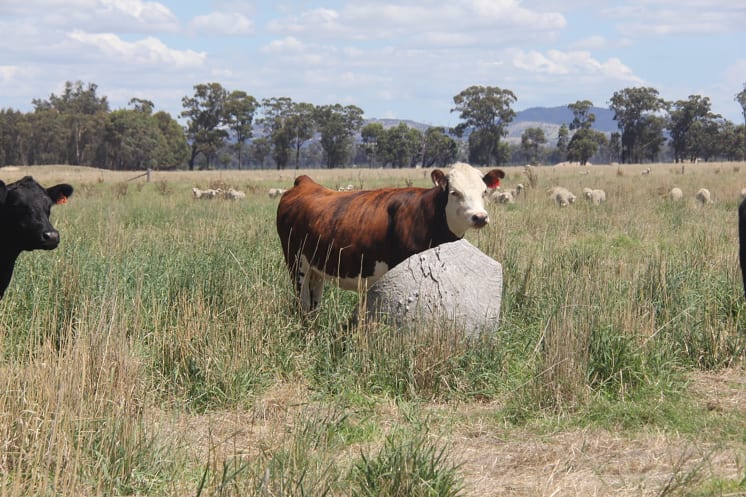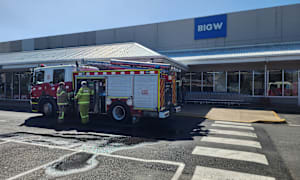WITH a winter blast forecast for eastern Victoria, reducing the impacts of cold weather on cattle is essential to both animal production and welfare.
During cold weather, the energy requirements of a cow can increase by up to 20%, with lighter cows being more affected than those in adequate condition.
Agriculture Victoria Livestock Industry Development Officer Nick Linden said the impact of cold weather, particularly when combined with wet and windy conditions and low pasture availability, can severely affect cows that are already low in body condition.
‘It is important to keep an eye on the forecast weather conditions and if possible, move cattle into sheltered paddocks or those with windbreaks. This will reduce the impacts of chill by keeping animals out of the wind and give a better return on supplementary feeding.
‘Poorer condition cows have a higher maintenance requirement through winter as they have to work harder to stay warm,’ Mr Linden said.
‘Separating the lighter condition cows will enable producers to better manage these in-need cows with a specific feed and supplement plan and reduce competition for feed.
‘Lighter cows will suffer more from cold stress than fatter cows - fat is an excellent source of insulation as well as being an important energy reserve. We really need to look out for the lighter cows.’
Lighter cows can also result in weaker calves being born in the spring, poor joining rates for autumn calvers or cow mortality.
Mr Linden said hungry cows can be cold cows and cattle will eat more in cold weather to generate body heat. Roughages like hay are broken down by microbial action, and this process generates heat. In addition to roughage, it’s important to keep an eye on the protein and energy levels of the diet.
‘While consuming roughages will help the cattle to stay warm, it is important to ensure adequate protein in the diet to feed the rumen bacteria.
‘Without the rumen bacteria being well fed, cattle will struggle to consume the roughages needed to generate heat and stay productive.










